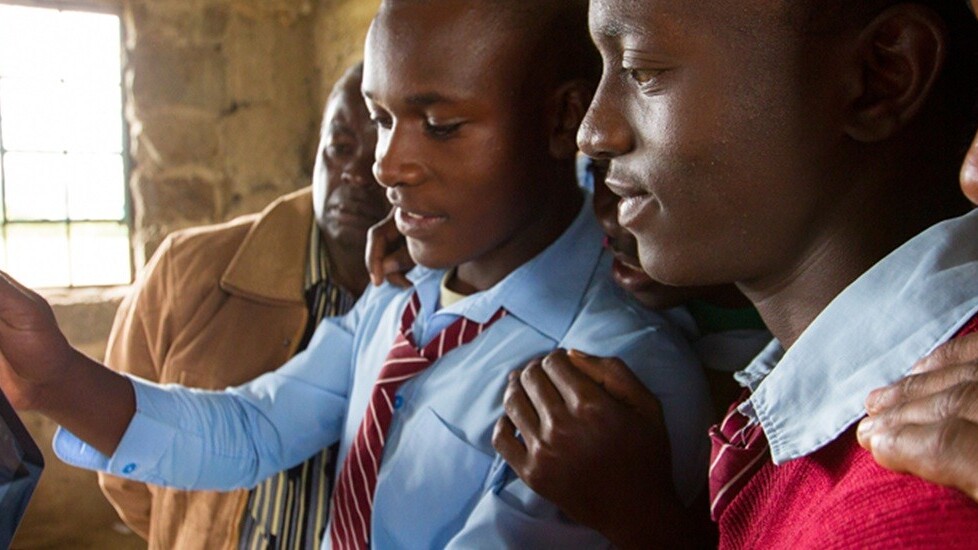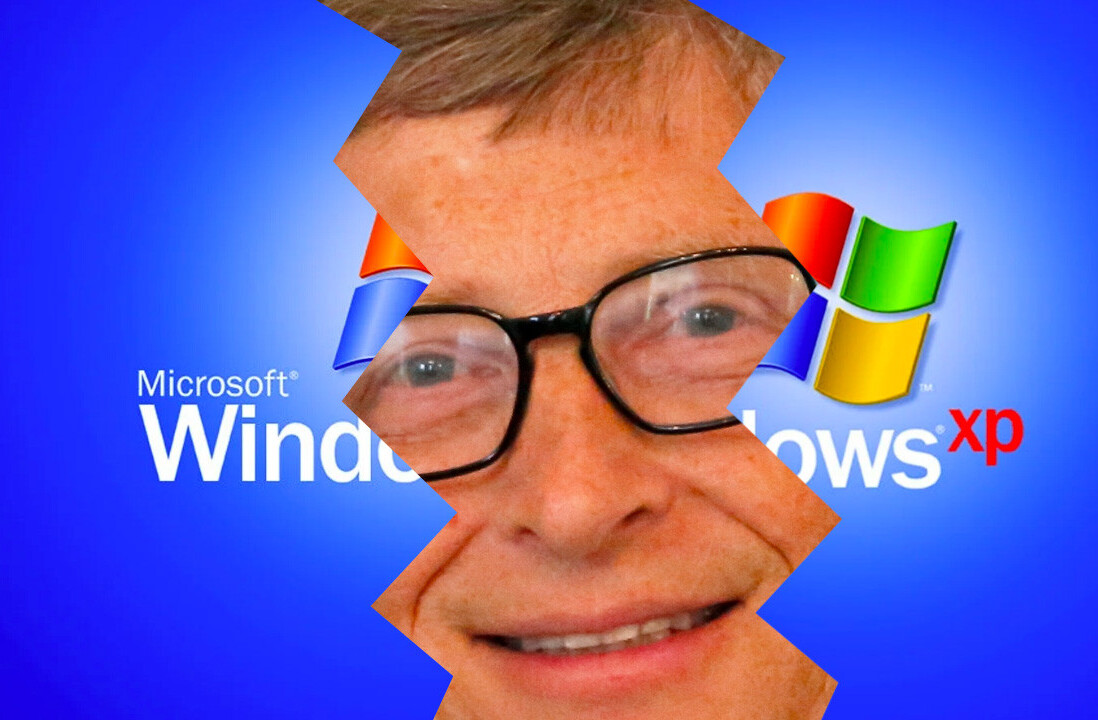
Microsoft announced its first white spaces project in Kenya earlier this year, as part of its 4Afrika initiative, and now the company has expanded its focus with a new program in South Africa to explore the potential to deliver broadband Internet at a lower cost.
‘White spaces’ is a term for using unused frequencies for television broadcasters to deliver wireless Internet services. Microsoft says it will use TV white spaces and solar-powered base stations in order to deliver low-cost wireless broadband services to five schools in South Africa’s Limpopo province.
Microsoft isn’t simply providing Web access, it says the schools will be kitted out with Windows-based tablets and projectors, while teachers will get laptops and training. Since access to power can be an issue, there will be solar panels for charging devices where mains electricity is not available.
The South Africa project is Microsoft’s third such initiative in Africa — alongside pilots in Kenya and Tanzania — and Mteto Nyati, managing director of Microsoft South Africa, outlined its importance in bringing the Internet to remote areas and new users.
“Technology holds enormous potential for many aspects of development, but it is particularly key to areas such as education and healthcare,” Nyati said. “Reducing the cost of broadband access means millions more South Africans will get online. This will create new opportunities for education, healthcare, commerce and the delivery of government services across the country.”
Nyati tells ZDNet that white space broadband could become available for $2-$5 for 4Mbps of uncapped usage each month. That considerably cheaper than the $35 that ISPs charge for 1Mbps ADSL services each month, and could help open the door to greater social change and increased prospects for youngsters.
Microsoft isn’t the only one exploring white space potential in Africa, Google launched a pilot of its own in South Africa in March.
The technology isn’t solely for emerging markets, and it could have potential right across the world. Google’s TV white space database got approved for operation in the US just last month, while Google and Microsoft reportedly expressed interest in piloting the technologies in the UK last year.
Headline image via Microsoft
Get the TNW newsletter
Get the most important tech news in your inbox each week.




